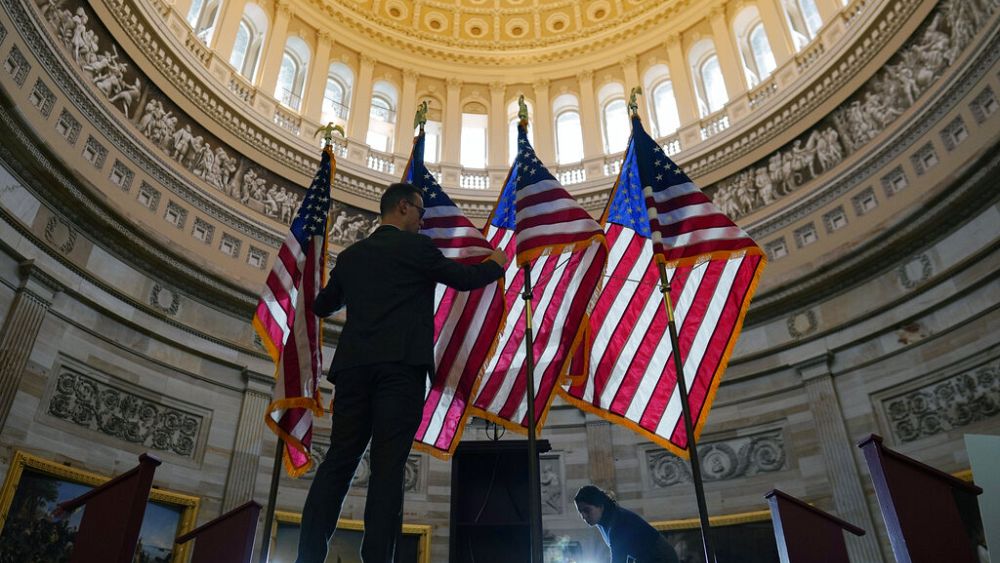By a huge majority, the US House of Representatives passed a defense bill package that makes available the largest military budget ever. Thus, defense spending will increase by $858 billion next year, which is $45 billion more than President Joe Biden has proposed.
The US House of Representatives passed the National Defense Authorization Package known as the NDAA, which has been put to a House vote every year since 1961, by a vote of 350-80, far exceeding the two-thirds majority required. Reuters. Among other things, the NDAA provides the country’s military budget, but some of its sections also specifically decide on current defense issues.
This year’s defense package is the result of months of negotiations between Republicans and Democrats. One of the focal points of this was that Republicans wanted to persuade the Department of Defense to withdraw its mandate that members of the armed forces be vaccinated against COVID-19.
The $858 billion budget includes a 4.6 percent increase in military personnel salaries, and also foresees the purchase of new weapons, ships and air defense equipment, and provides additional support for Taiwan and Ukraine. For the latter country, it was decided to allocate a guarantee fund of at least $800 million, while in the case of Taiwan, the already active subsidies will be maintained.
In addition, the law also authorizes it to fund the development and acquisition of new weapons, such as the purchase of Lockheed Martin’s F-35 fighter jets and General Dynamics ships.
The package of approved laws will be presented to the Senate next week, to be transmitted to the White House with the authorization of the senators and become law after Joe Biden signs it.
However, the adoption of the NDAA is not the final word on defense spending: Congress must first authorize the government to legally use federal funds for military spending – however, congressional leaders have not yet agreed on this issue. Since this set of laws is one of only a handful that must be passed each year, members of Congress typically condition their approval on the passage of other initiatives important to them—many of which have nothing to do with national defense.












































